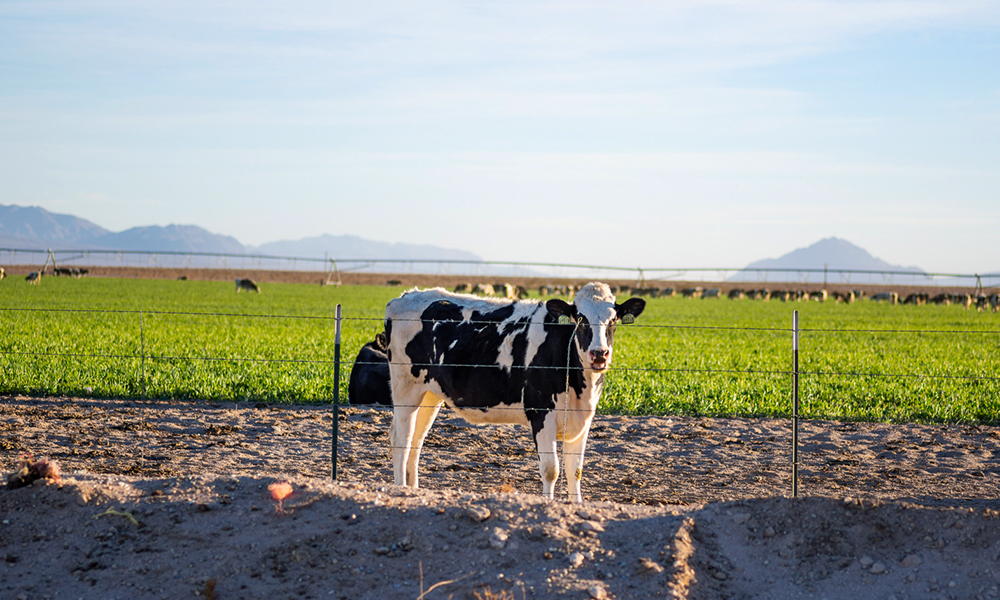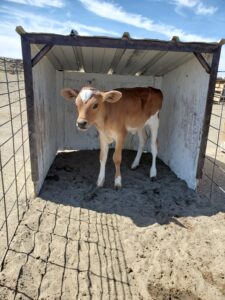In these uncertain times, our local farmers are continuing to work hard to bring nutritious and safe dairy products to our local communities. While you may, occasionally, see empty shelves, we are here to assure you that there is no dairy shortage. Our farmers and essential dairy industry employees haven’t slowed down and neither have the processing plants, transportation, or grocery stores. Together, we’ll continue to bring you the dairy products you love and need for a nutritious diet.
Have dairy farms stopped working?
No. Dairy farms in Nevada are still in full production, as are most across the country. The American farmer hasn’t slowed down at all in terms of producing food or wanting to produce food. Our farmers are essential and continue to do what they always do. If you don’t see things like milk or eggs at the store, just know that they are coming and will be restocked shortly.
Why is my store out of milk?
Over the past few weeks there was an increased demand for dairy products at grocery stores. This created a temporary shortage as the processing plants had to increase production to meet the increased demand. Since milk has to be tested, pasteurized and bottled before it gets to the grocery store it takes time to catch-up and increase the supply. However; as people have stocked up, the demand has dropped down. You should see the dairy product supply level out at your store. Our processing plant is working at 110 percent to maintain a steady level of availability of dairy products.
Is milk and dairy still safe to consume?
Yes. First and foremost, know that producing safe and nutritious dairy products is our top priority. Our farmers continue to maintain all the same levels of sanitation and safety that they always do—they wear gloves, clean and sterilize all equipment, keep cows healthy, clean and disinfect the udders before milking— in addition to following social distancing guidelines and any recommendations from the CDC and FDA. In addition, milk is still tested both at the farm and when it reaches the processing plant. When it gets to the processing plant it undergoes pasteurization, which is the process of heating and cooling food to kill bacteria. We are all working together to keep the food supply safe.
Why are farmers dumping milk?
With the closing of schools, restaurants and other entertainment entities, the demand for food service supplies has dropped dramatically. There is now more milk than dairy product demand. Since milk is a perishable product, it has to be discarded. The entire industry is working on ways to put this extra milk into the system and make it available to food banks and other organizations that need dairy products. Fortunately, here in northern Nevada our farmers haven’t had to discard any milk, mostly thanks to our local powdered milk plant which turns fluid milk into powdered milk.
How do I make milk last?
Proper food storage and safety is just as important when you bring your milk home. Your milk should be stored at 38°-40°F in its original container and away from the door. Keep the lid tightly closed and don’t leave your milk unrefrigerated for more than 2 hours, at most. Once milk is opened, it typically lasts 4-7 days past the expiration date. There’s some variance based on the type of milk, but that’s a safe average. You can also freeze milk. Make sure to pour a little milk out first as it will expand during freezing. Milk can be frozen for up to 3 months and just has to be thawed to use.
How can I support local dairy farmers?
The best way to support your local dairy farms is to continue purchasing nutritious, delicious dairy products!



